From warehouse to doorstep: innovative approaches to shipping and inventory management
"How can UK businesses streamline their logistics operations while keeping up with rising consumer expectations for faster and more reliable deliveries?"
As e-commerce continues to flourish and customer demands for quick delivery times intensify, the pressure on freight and shipping companies to innovate has never been greater.
To meet these evolving demands, businesses are embracing cutting-edge strategies that optimise inventory management, reduce costs, and enhance efficiency. This article delves into the innovative solutions reshaping the logistics industry, empowering UK businesses to stay competitive in a rapidly changing market.
Freight forwarders: streamlining the supply chain
Freight forwarders play a vital role in simplifying logistics for businesses, acting as intermediaries to manage the complexities of both domestic and international shipping. Their expertise in handling customs clearance, multimodal transport, and regulatory compliance is crucial in ensuring that goods reach their destinations on time.
Freight Forwarders as Logistics Orchestrators
Freight forwarders act as logistics orchestrators, negotiating with carriers, managing shipping schedules, and ensuring that shipments are optimised for speed and cost-efficiency. By leveraging digital freight platforms, forwarders can automate the booking process, track shipments in real-time, and provide transparency throughout the supply chain.
For instance, companies use cloud-based platforms to provide end-to-end visibility, helping businesses make data-driven logistics decisions and optimise shipping routes. By integrating retail shipping freight solutions into their services, freight forwarders can further streamline operations, reducing costs and enhancing delivery efficiency for businesses in the retail sector.
Key benefits:
● Streamlined logistics through automation and real-time tracking.
● Reduced shipping costs through optimised carrier negotiations.
● Enhanced visibility and control over the supply chain.
Managing Compliance and Customs Clearance
One of the most significant challenges in international shipping is navigating customs regulations.
Freight forwarders use blockchain technology to securely manage documentation, reducing the risk of delays and ensuring compliance with international trade regulations. Blockchain's transparency also helps reduce fraud and errors in customs paperwork.
Digital solutions are being increasingly adopted to automate customs documentation, which speeds up the clearance process and reduces administrative burdens. This is especially critical for time-sensitive goods, where delays could result in significant financial losses.
Key Benefits:
● Faster customs clearance with automated documentation.
● Reduced compliance risks with accurate, transparent records.
● Lower risk of shipment delays and penalties.
Embracing Multimodal Solutions for Flexibility
Freight forwarders excel in creating multimodal transport solutions, effectively integrating road freight shipping, sea, and air freight to achieve optimal logistics strategies.
By leveraging AI driven tools, they can optimise transport modes based on cost, speed, and environmental impact, ensuring businesses meet customer expectations without compromising efficiency. The inclusion of road freight shipping allows for greater flexibility, particularly for short-haul routes, while maintaining the balance between speed and cost-effectiveness.
Key benefits:
● Greater flexibility in transport options based on cargo needs.
● Cost savings through optimised multimodal strategies.
● Reduced carbon footprint by selecting eco-friendly transport modes.
Innovations in shipping and inventory management: driving efficiency and speed
The logistics industry is undergoing a transformation driven by advancements in automation, data analytics, and IoT technology. These innovations are not only improving efficiency but also enhancing the accuracy and speed of freight operations.
Smart Warehousing and Automation
To optimise inventory management, many companies are investing in Automated Warehouse Management Systems (WMS).
These systems streamline inventory tracking, reduce human errors, and speed up order fulfilment. By using robotics and automation, warehouses can handle tasks such as sorting, picking, and packing with increased precision. This not only cuts down on labour costs but also shortens processing times.
Additionally, Automated Guided Vehicles (AGVs) and drones are being used within warehouses to move goods seamlessly between storage areas and packing stations. For example, Ocado, a British online supermarket, uses robotics to automate its warehouses, allowing it to process thousands of orders daily with minimal human intervention.
Key benefits:
● Reduction in operational costs due to automation.
● Enhanced accuracy in order processing and inventory management.
● Faster turnaround times, leading to improved customer satisfaction.
Leveraging IoT for Real-Time Tracking and Monitoring
The Internet of Things (IoT) is revolutionising the logistics sector by providing real-time visibility into every stage of the supply chain. IoT enabled devices and RFID sensors allow companies to monitor shipments, track inventory levels, and receive alerts if any issues arise, such as temperature deviations or delays.
These technologies not only enhance the transparency of shipments but also enable proactive decision-making. For instance, pharmaceutical companies use IoT sensors to monitor the temperature of perishable goods during transit, ensuring they remain within the required range.
Key benefits:
● Real-time tracking improves visibility and reduces shipment delays.
● Sensors help monitor the condition of sensitive or perishable goods.
● Data driven insights enable more accurate inventory forecasts.
Smart Locker Systems and Micro-Fulfilment Centres
Smart locker systems and micro-fulfilment centres are helping retailers reduce delivery times by bringing inventory closer to consumers. By strategically placing these facilities in urban areas, businesses can fulfil orders faster and reduce transportation costs.
These innovations are especially beneficial for the booming e-commerce market, where consumers expect same-day or next-day delivery. Retail giants like Tesco and Sainsbury’s are investing in micro-fulfilment centres to optimise their delivery networks.
Key benefits:
● Reduced delivery times through decentralised inventory management.
● Lower transportation costs with local fulfilment centres.
● Enhanced customer convenience with flexible delivery options.
Conclusion
The logistics landscape is rapidly evolving, with businesses embracing innovative technologies to stay competitive. By investing in automation, IoT, and AI driven analytics, UK companies can streamline their shipping and inventory processes, reduce costs, and enhance customer satisfaction.
Freight forwarders, smart warehousing, and last mile delivery innovations are transforming the way goods move from warehouse to doorstep, ensuring that businesses can meet the demands of a fast-paced market.
















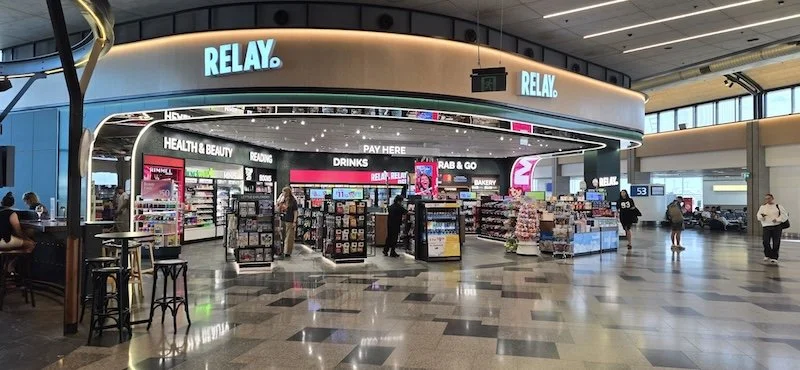

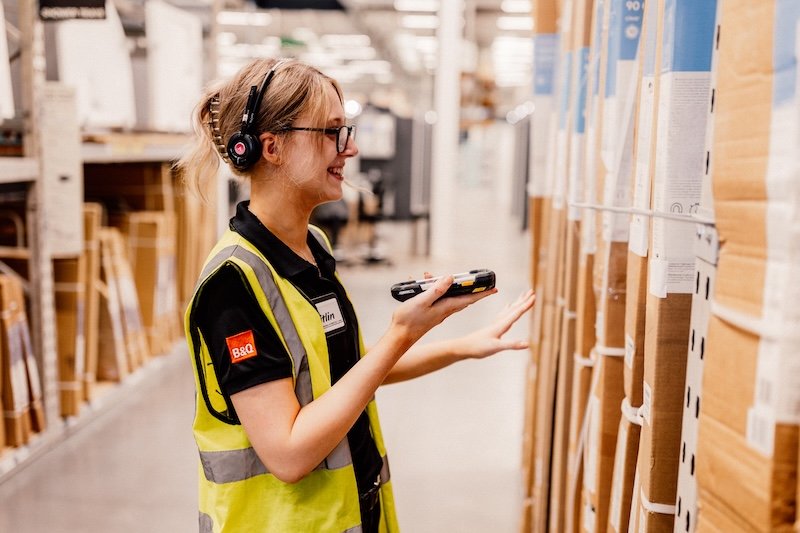
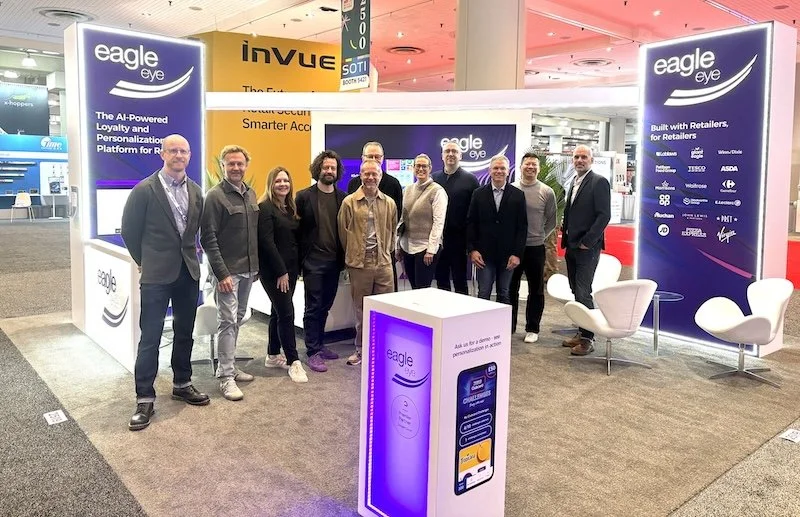
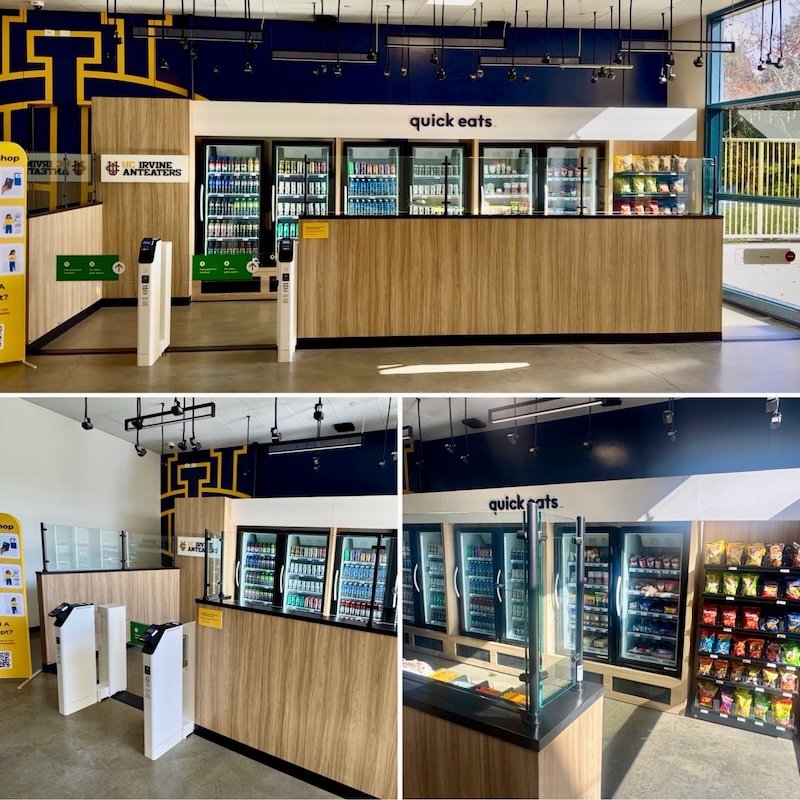






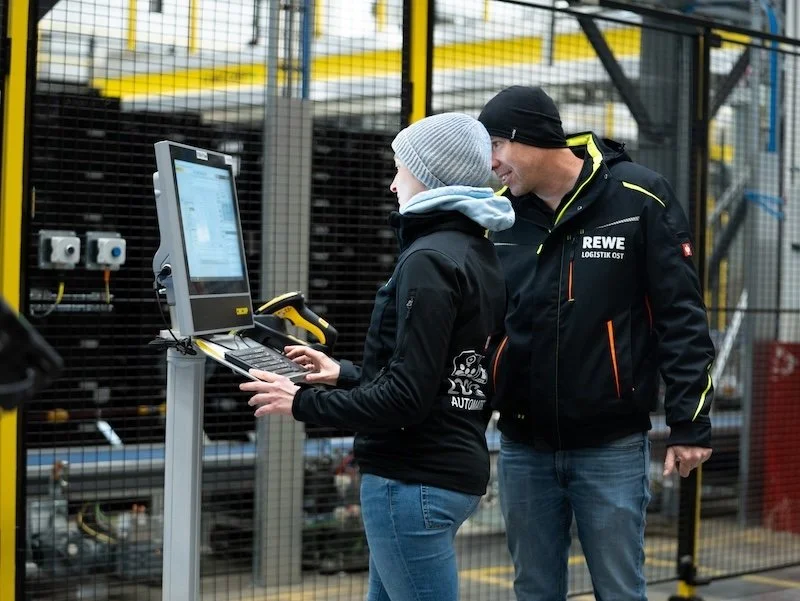



Continue reading…